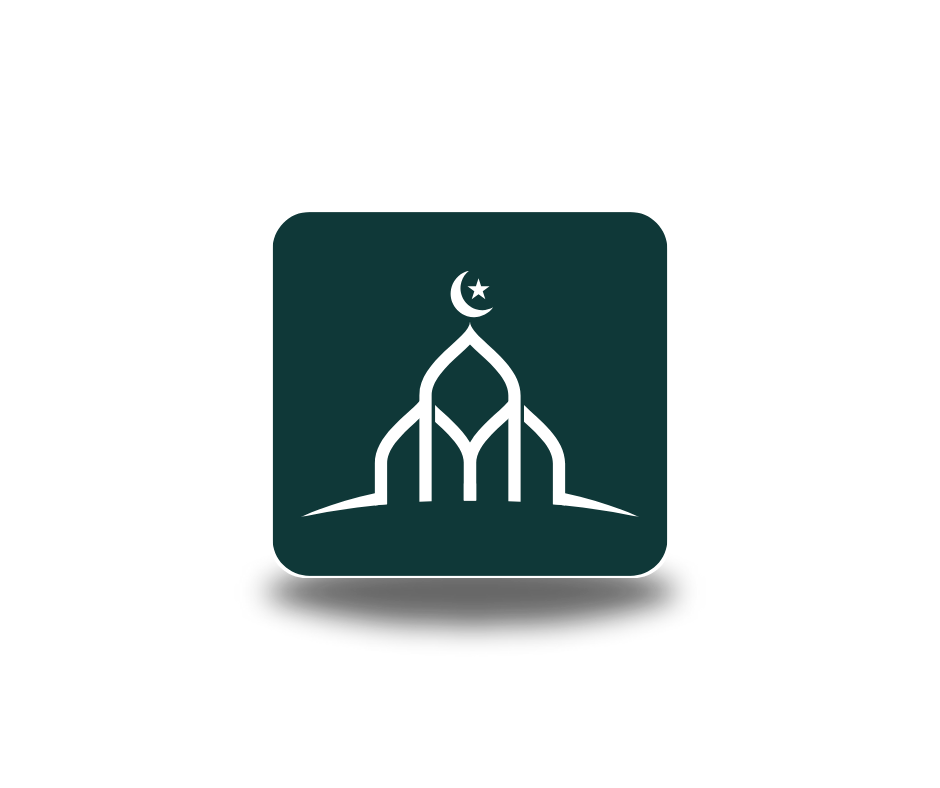The Role of Mosques in Social and Community Services
In the bustling tapestry of modern life, where our days are filled with tasks and distractions, there exists a sanctuary of spirituality, unity, and growth – the mosque. While primarily serving as places of worship, mosques have a profound role to play in the larger context of social and community services. This blog delves into the multifaceted significance of mosques, those sacred havens where faith finds its home, and the community its heart.
The Spiritual Lighthouse
At the core of every mosque lies its sacred duty: worship. These are the spaces where believers gather to pray, attend Friday sermons, and celebrate religious festivals. They are the nurturing grounds for our spiritual journey, fostering a connection with the Divine through prayer, contemplation, and the Quran recitation. As the Quran beautifully proclaims:
"And establish the prayer at the two ends of the day and at the approach of the night. Indeed, the good deeds remove the evil deeds. That is a reminder for those who remember." (Quran 11:114)
Weaving the Social Fabric
Mosques are more than just places of prayer; they are the threads that weave our community together. They serve as hubs of unity, where diverse individuals come together in faith. This unity isn't just about spiritual bonds but also about forming a support system that ensures no one in the community is alone.
A Fountain of Knowledge
Many mosques offer an array of educational programs. These encompass Quranic studies, Arabic language courses, Islamic history, and theology. These classes cater to people of all ages, offering a platform for lifelong learning and the transmission of Islamic knowledge from one generation to another.
Charity and Compassion
Charity is a cornerstone of Islam, and mosques often act as collection and distribution centers for various forms of charity, from obligatory Zakat to voluntary Sadaqah. These funds serve as a lifeline for the less fortunate, addressing their basic needs, such as food, shelter, and healthcare.
Guiding Lights
The imams at mosques, spiritual leaders who lead prayers and deliver sermons, also serve as guides and counselors. They provide a listening ear and words of wisdom for individuals facing moral, ethical, or personal dilemmas, offering a safe haven for those seeking guidance.
Celebrating Culture and Community
Mosques are not just places of prayer but also vibrant spaces for cultural and social events. These celebrations mark Islamic festivals, promote art, music, and literature, and provide a sense of belonging and cultural richness. They also foster interfaith dialogue and interactions with the wider community.
Promoting Health and Well-being
Some mosques extend their services to encompass health clinics and workshops. These initiatives focus on common health issues, including diabetes and mental health. The holistic approach to well-being aligns with Islamic principles, addressing both the physical and spiritual dimensions.
Bridging Faiths
Many mosques actively engage in interfaith activities, inviting people from different faiths to learn about Islam and engage in dialogue. These initiatives foster understanding and harmony among diverse religious communities.
Responding to Adversity
In times of crisis, mosques emerge as centers of coordination for relief efforts. They rally resources and volunteers to aid those affected. This reflects the Islamic principle of helping those in need.
Mosques are not mere structures; they are the vibrant soul of any Muslim community. Beyond offering spaces for worship, they provide invaluable services that enrich individual lives and fortify community bonds. Their roles in delivering spiritual guidance, education, welfare, and social support are pivotal. Mosques illuminate the lives of millions, both within the Muslim community and beyond, continuing to shine as beacons of light and pillars of strength. They are the embodiment of Muslim prayer and the heart of Islamic unity.





